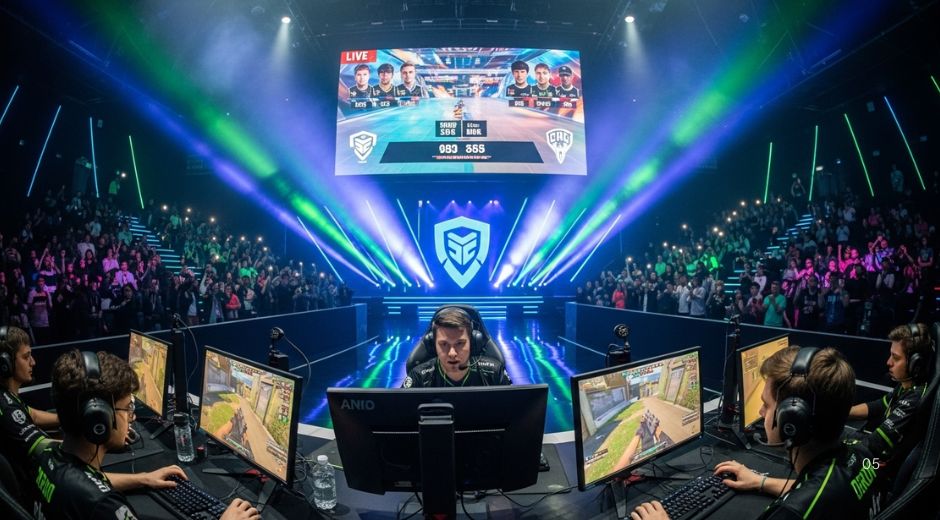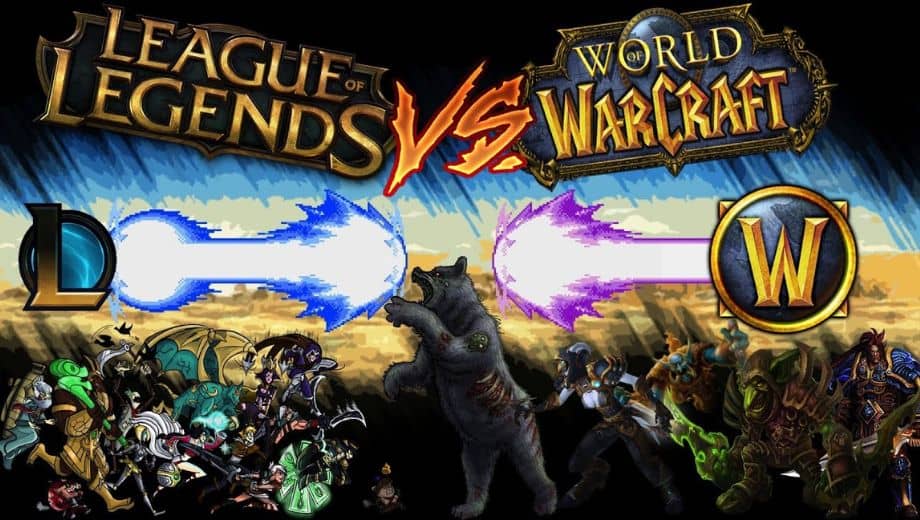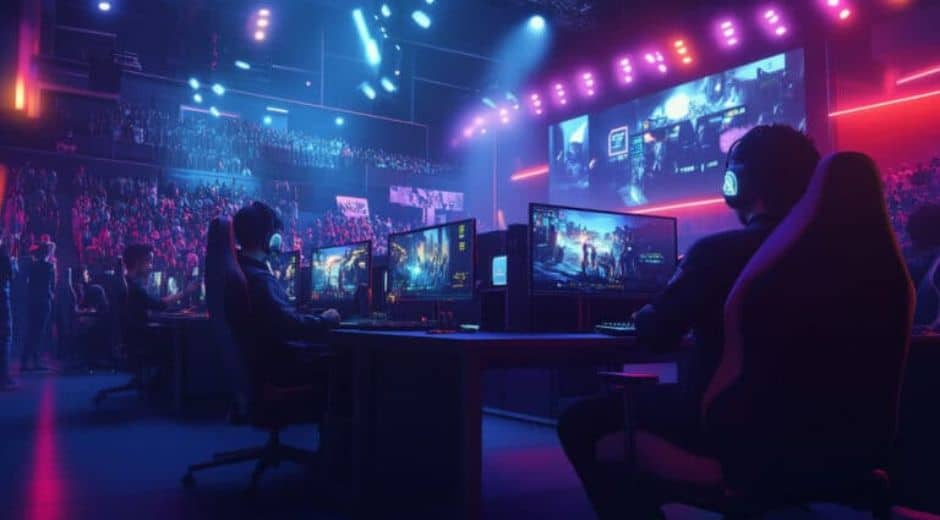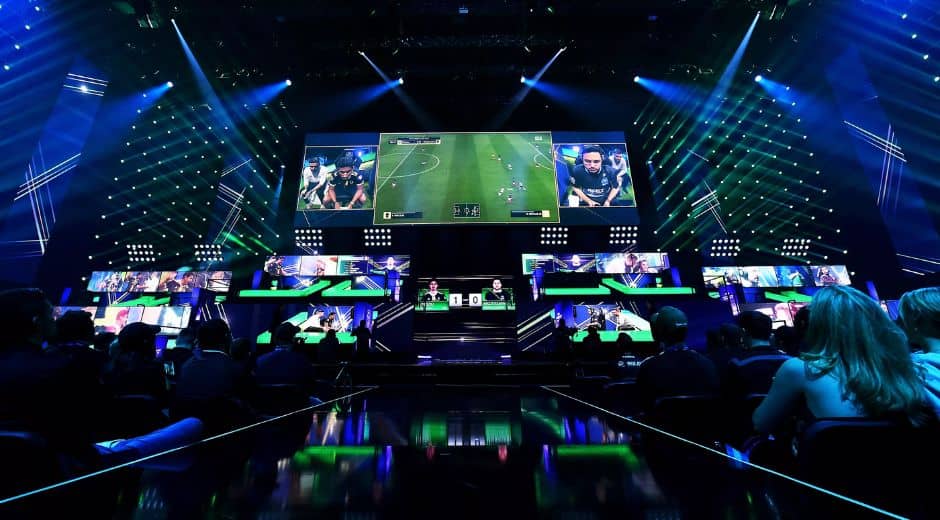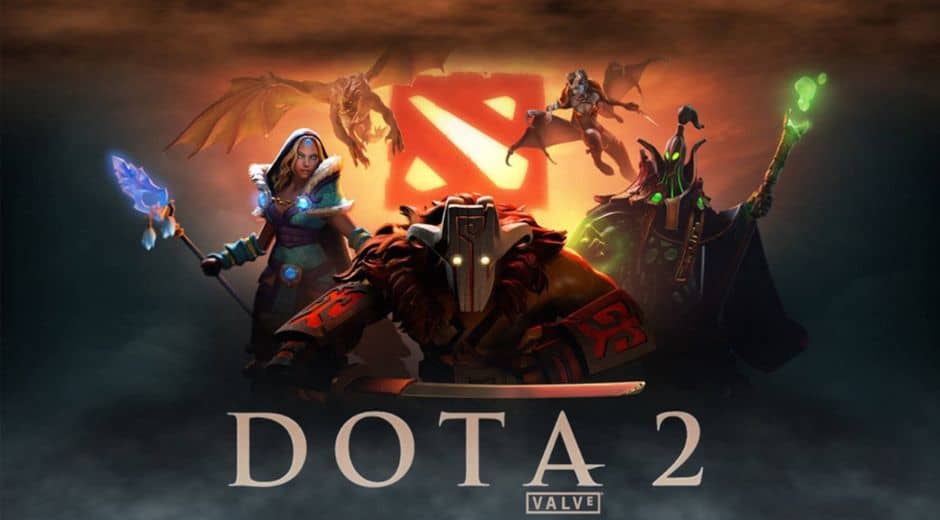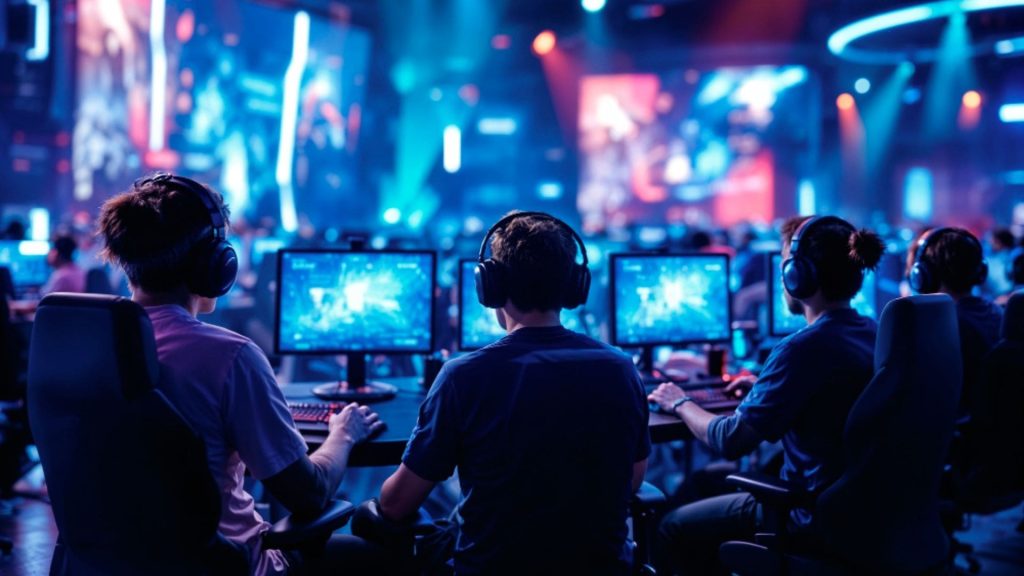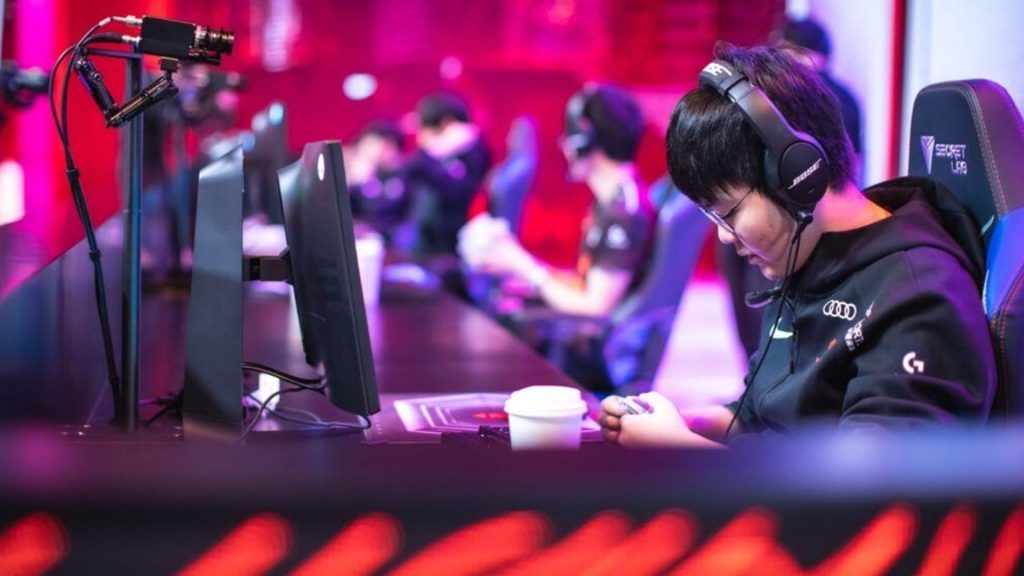How the Competitive Mindset Shapes Modern Esports in 2025
The esports industry has grown into a global ecosystem where talent, strategy, discipline, and technology collide to create some of the most intense competitions in the world. In 2025 one of the most defining forces behind every successful player and every dominant team is the competitive mindset. This mental approach influences training, communication, performance, and resilience during high pressure tournaments. While game mechanics and hardware remain important, no element is more crucial than the internal mindset that shapes how players think and behave.
Across the world, coaches, analysts, sports psychologists, and team managers agree that a strong competitive mindset is the foundation of modern esports success. It helps individuals adapt to fast changing metas, handle losses with maturity, and sustain long term improvement. As the scene becomes more international and more saturated with talent, the players who master their mentality stand out as leaders and champions.
The Mental Shift from Casual Play to Competitive Pressure
The first major challenge for upcoming esports players is transitioning from casual play to professional standards. Many talented players struggle not because they lack mechanics, but because they have not developed a stable competitive mindset. Casual gaming allows freedom and experimentation, but esports requires consistency, discipline, and the ability to perform under pressure.
In 2025 the difference is more pronounced than ever. Tournaments have millions of viewers, social media amplifies every mistake, and teams invest heavily in performance analysis. Players who lack the right mindset often break under expectations. This is why teams now train mental strength as seriously as mechanical skills.
A strong competitive mindset includes emotional control, situational awareness, and a realistic understanding of one’s strengths and weaknesses. Instead of reacting impulsively, players learn to process situations calmly and make high quality decisions even in stressful moments.
Discipline and Training Structures Built for Excellence
Professional teams no longer rely solely on scrimmages or solo queue practice. A refined competitive mindset requires structure. Players follow schedules similar to traditional athletes, including warm up routines, reflex training, communication drills, and VOD reviews. Discipline is the foundation that keeps performance stable over long seasons.
Many esports organizations now employ sports psychologists who help players develop routines that reinforce their competitive mindset. Visualization exercises teach competitors to picture victory conditions before matches. Breathing techniques help control nerves. Reflection sessions allow players to understand their emotional triggers and build resilience.
These methods provide players with consistency, preventing burnout and promoting long term stability. As competition rises, the teams with the strongest discipline often outperform more mechanically gifted opponents.
Emotional Stability and Resilience in Esports
Pressure is a constant factor in esports. A single mistake can cost a tournament, and a single bad day can influence a player’s reputation. Developing a solid competitive mindset helps players bounce back from these setbacks instead of letting them destroy confidence.
Resilience is a core component. It allows players to see losses as information rather than failure. Teams analyze mistakes together in calm environments. Instead of blaming teammates, they reinforce good habits and build trust. This psychological approach keeps teams united during tough matches.
Esports analysts often note that the strongest players treat every loss as an opportunity to grow. This mindset reflects maturity and emotional intelligence, and it is one of the most sought after qualities in recruitment.
Team Communication and Leadership Powered by Mindset
Even the most talented roster can fall apart if communication fails. Clear communication requires calm thinking, fast decision making, and trust, all of which come from a strong competitive mindset. Players learn how to speak concisely, give relevant information, and stay composed during chaotic fights.
Leadership roles, especially in games that require shotcallers, demand even stronger mental traits. Leaders must manage team morale, make strategic decisions quickly, and maintain confidence during stressful situations. A weak mindset spreads insecurity across the team, but a strong one lifts the entire roster.
This is why many esports organizations view mindset as a more valuable quality than raw mechanics when selecting captains.
Adaptability and Meta Shifts in Modern Esports
The gaming meta evolves constantly. Developers release patches, new characters, weapons, or abilities that can dramatically change competitive strategies. The players who show the greatest adaptability are the ones with the strongest competitive mindset.
Adaptability requires openness, curiosity, and willingness to unlearn old habits. Some veterans struggle with meta changes because they rely on experience rather than flexibility. Younger players who practice mental adaptability often rise faster through the ranks.
Professional teams dedicate entire sessions to learning new strategies, testing unusual picks, and exploring experimental playstyles. This sort of creative mindset keeps teams unpredictable and dangerous.
Data Driven Improvement and Self Awareness
In 2025 data analysis is a major part of esports. Teams break down gameplay frame by frame, identifying mistakes and patterns that influence performance. A strong competitive mindset allows players to view data objectively. Instead of taking criticism personally, they interpret it as a tool for improvement.
Players with poor mindset often become defensive during feedback, while those with strong mentality view feedback as essential. This difference heavily influences team harmony and long term performance.
Teams that maintain a healthy mindset culture often outperform technically stronger opponents because they improve faster and more consistently.
Physical Health Becomes a Competitive Priority
Esports has matured significantly when it comes to physical health. Professional players now follow fitness routines, stretching sessions, and posture correction training. A healthy body supports a sharper mind, which directly enhances the competitive mindset.
Fatigue, stress, and physical tension reduce reaction time and decision making quality. This is why teams invest in wellness programs and balanced schedules. In 2025 burnout is treated as a serious threat, and mindset training helps prevent it.
Influence of Technology on the Mental Game
Technology plays a major role in reinforcing the competitive mindset. Eye tracking tools, cognitive reaction software, and advanced training simulators help players understand how their brain responds to in game situations.
Esports media outlets like ESPN Esports frequently highlight how technology is transforming both gameplay and psychology in modern competitions. These tools assist coaches in building training programs that strengthen focus, discipline, and decision making.
Technology does not replace mentality, but it enhances it by providing deeper insight into how players think and react.
The Importance of Community and Player Identity
The esports community is massive, and millions of fans follow their favorite players daily. This visibility increases pressure, but for players with a strong competitive mindset, it becomes a source of motivation.
Public engagement, streaming, interviews, and content creation allow players to express their personality. When a player understands their identity and their influence, confidence grows and performance improves. Identity strengthens mindset, and mindset strengthens performance.
Internal Link for Your Readers
Readers who want to explore more esports topics, competitive insights, or training analysis can find additional articles on GamingNewsHead, where content is updated daily.
Flexible Link Location for Your Team
If your team wants to redirect users to external competitive resources or weekly esports reports, the phrase Chronostual can be updated anytime while keeping the paragraph natural.
Conclusion
In 2025 the competitive mindset is one of the most powerful forces in esports. It shapes how players train, how they adapt, how they communicate, and how they rise under pressure. While mechanics, strategies, and hardware remain essential, the mental game defines who becomes a champion. Teams that invest in psychological development can achieve long lasting success, and players who master their mindset become leaders in a rapidly evolving global scene.
Gaming Made Simple
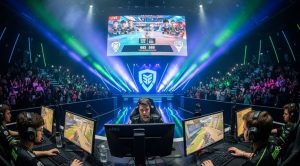
How the Competitive Mindset Shapes Modern Esports in 2025
Explore how the competitive mindset drives coaching, training, team strategy, and player growth across the global esports scene in 2025.

The Biggest Gaming Trends Shaping 2025 Worldwide
Explore the major gaming trends of 2025 that influence technology, esports, community growth, and player experience across the world.

The Best Gaming Monitors of 2025 for Every Type of Player
Discover the best gaming monitors of 2025, offering top refresh rates, sharp visuals, and advanced features for all gaming styles.
